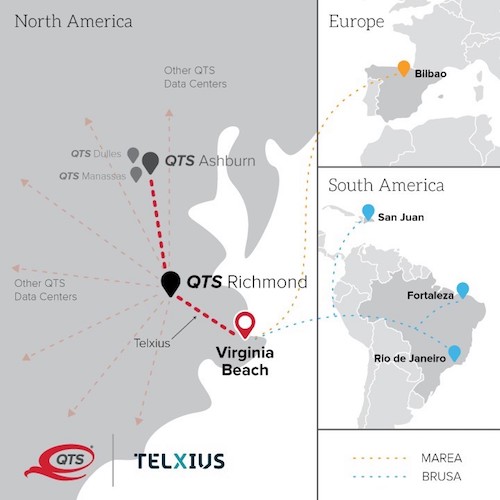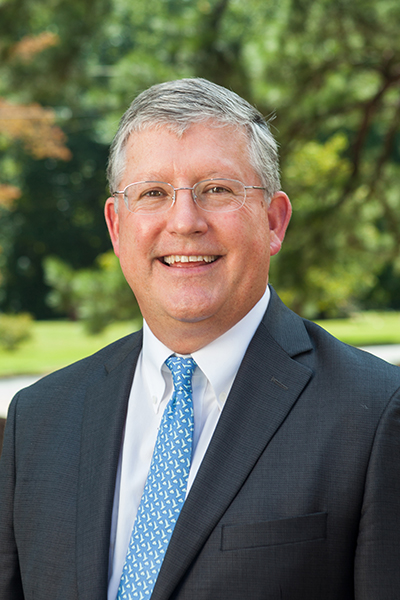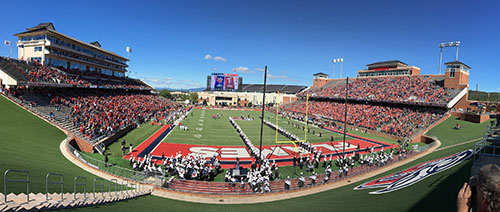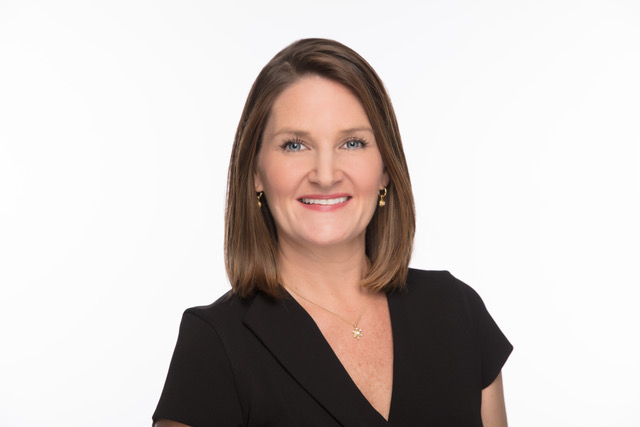Virginia’s regional economy has seen moderate growth in recent weeks, according to a new report by the Federal Reserve Bank of Richmond.
On Wednesday, the Federal Reserve Bank of Richmond published analysis of the economic conditions in its district saying there was moderate growth despite disruptions caused by Hurricane Florence.
The regional report was part of what’s called The Beige Book, which is published eight times a year. The report collects anecdotal information on the current economy for each of the Federal Reserve Bank’s 12 districts. The periodic reports also include analysis of the overall economy, which has expanded recently.
The district of the Federal Reserve Bank of Richmond is called the Fifth District and includes Virginia, Maryland, most of West Virginia, North Carolina and South Carolina.
The report on the Fifth District included a number of mentions of Virginia’s business conditions in manufacturing, real estate and construction and banking and finance.
In manufacturing, the district overall saw moderate increases in activity, however there were rising material costs and some hurricane-related disruptions.
In Virginia, a window maker credited high consumer confidence for the company’s strong sales. Many manufacturers are struggling with the increasing costs of raw materials, a partial consequence of the recent tariffs. A display case manufacturer in Virginia sought to import materials from countries other than China.
In real estate and construction, the Fifth District saw modest growth. Virginia, Washington, D.C, South Carolina and Maryland saw residential construction pick up. On the commercial side, brokers in the district reported overall increased demand for restaurant, grocery and industrial space.
For banking and finance, there was a moderate rise in demand for loans in recent weeks. In Virginia, bankers reported an increase in commercial and industrial lending.
Read the full report here: https://www.federalreserve.gov/monetarypolicy/beigebook201810.htm



 A Virginia banker has been named chairman of the American Bankers Association.
A Virginia banker has been named chairman of the American Bankers Association. Liberty University has completed the $32 million expansion of its football stadium within a year.
Liberty University has completed the $32 million expansion of its football stadium within a year.